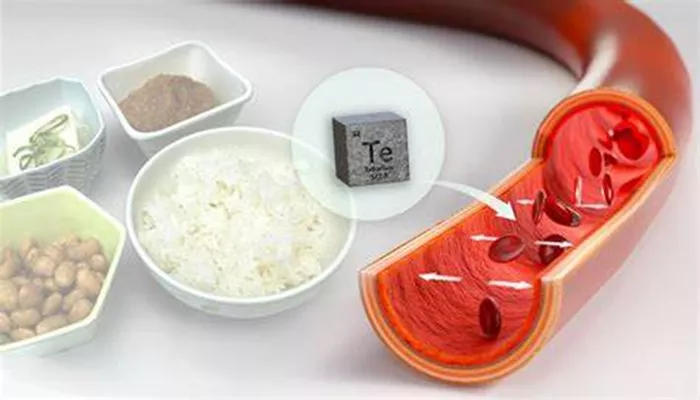A recent study reveals a potential link between high blood pressure (hypertension) and exposure to tellurium, a contaminant that can enter the food supply through mining and manufacturing processes. Published in the journal Environment International, the research suggests that monitoring tellurium levels in food could help lower hypertension rates.
Conducted by Nagoya University in Japan, the study highlights that tellurium, a rare metalloid, could be a contributing factor to elevated blood pressure. Takumi Kagawa, a researcher involved in the study, emphasizes the importance of these findings. “Our results show that dietary intake is the primary contributor to increased urinary tellurium levels, outweighing other factors such as smoking, work status, and physiological characteristics like age and sex,” said Kagawa.
In Japan, popular foods like rice and natto (fermented soybeans) are rich in essential nutrients but may also contain tellurium. This contaminant is introduced into the soil through dust and slag from mining and manufacturing, which can then be absorbed by crops like cereals, carrots, and garlic, leading to human exposure.
The study, led by Professor Masashi Kato and Takumi Kagawa, involved 2,592 Japanese adults and found that higher urinary tellurium levels were associated with increased blood pressure and a higher incidence of hypertension. These findings were consistent in both humans and mice.
Tomoko Misawa, the study’s lead author, explained, “We administered tellurium to mice in doses similar to what humans might experience daily and observed a rise in blood pressure. Once the exposure ceased, both blood pressure and urinary tellurium levels dropped, confirming a direct link between tellurium exposure and elevated blood pressure.”
see also: Why Hypotension Occurs?
The research team also examined the impact of various foods on urinary tellurium levels. They discovered that while cereals and legumes increased tellurium levels in urine, there was no direct evidence linking these foods to higher blood pressure rates. “Although cereal and legume consumption raised urinary tellurium levels, it did not directly correlate with an increased risk of hypertension,” Kagawa noted. “These foods contain diverse nutrients that might counteract the potential risks of hypertension, but continuous monitoring of tellurium in foods is important.”
Professor Kato added, “The urinary tellurium levels observed in this study are similar to those found in general populations worldwide. Our findings suggest that tellurium exposure could be a global risk factor for hypertension.”


